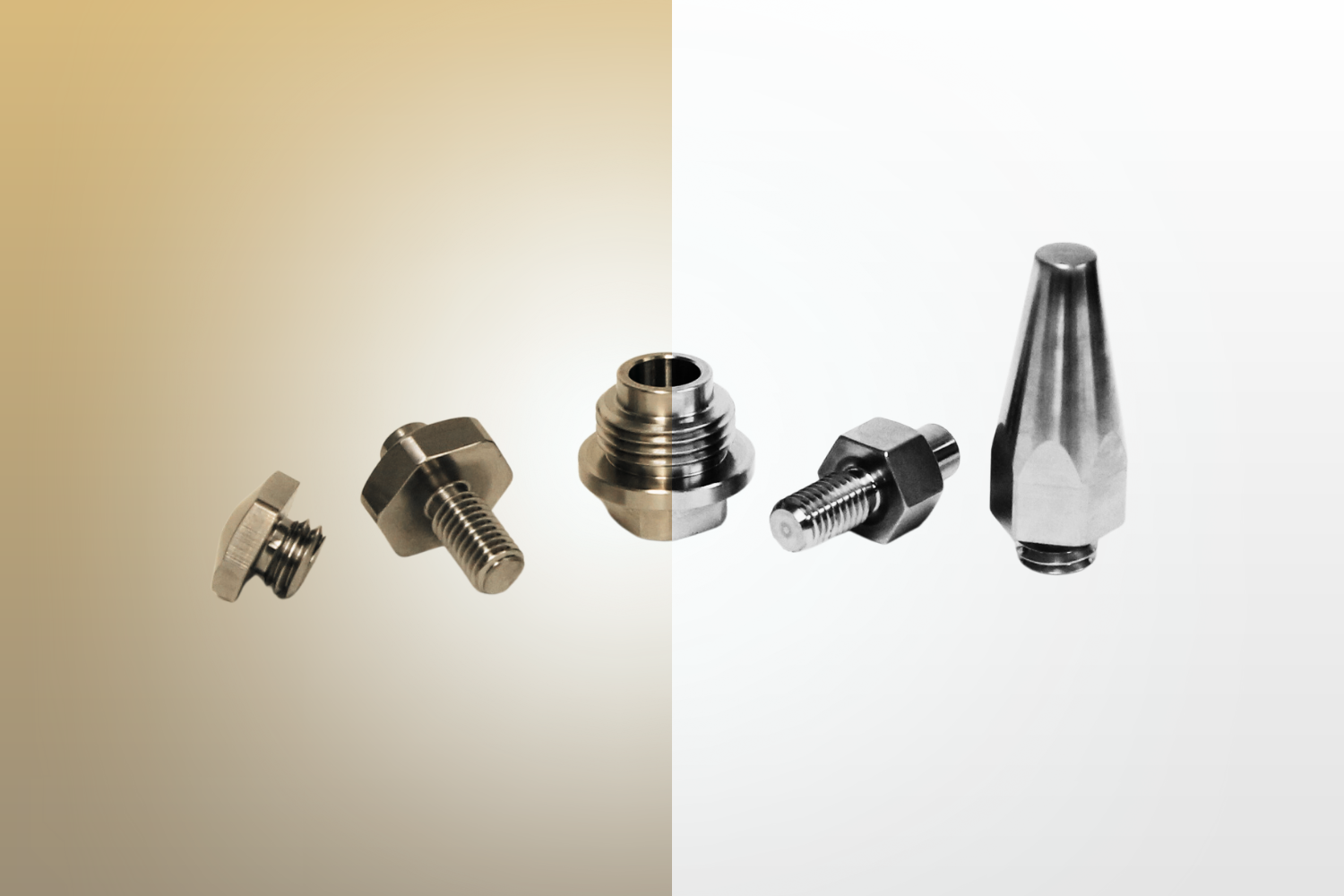When Old-School Precision Machining Meets New-School Technology
How does our precision machine shop achieve the perfect balance of top quality, reasonable costs, and short lead times for every customer? We leverage a powerful blend of traditional manufacturing principles and modern technology.
While new technologies have made precision machining faster and less expensive, decades-old manufacturing principles remain the key to quality. Area Tool & Manufacturing, Inc. is a true melting pot of the industry’s past and present, with a skilled workforce that brings proven practices shoulder-to-shoulder with innovation.
Old-School Manufacturing Principles + New-School Technology
Before CNC machines existed, many of the parts we make today would have been milled on a Bridgeport—the famous manual vertical milling machine known as “the original multipurpose mill.” Interestingly enough, the manufacturing principles that guided manual milling are still at play today—at least, they should be.
Without foundational manufacturing knowledge, even the best CNC operators will struggle to meet our precision machine shop’s quality standards. We’ve seen this first-hand in young machinists whose manufacturing education excluded traditional precision machining methods.
Imagine learning mathematics—but only on a calculator. Your calculations would be correct, but you’d lack a fundamental understanding of numbers and their real-world application. And should your calculator’s battery ever die, you’d be incapable of solving even basic equations.
CNC machinists who miss out on the fundamentals of manufacturing are often just as limited as a math student who can’t add without a calculator.
At Area Tool & Manufacturing, Inc., we combine manufacturing fundamentals with cutting-edge technology to achieve optimum results. Here’s how we empower our team to ensure speed and cost-efficiency without sacrificing quality:
Our seasoned professionals are quality experts
Each of the precision machining pros on our shop floor brings significant experience to their work, with our most seasoned employees surpassing 20, 30, and even 40 years in their trades. Because their skills are rooted in the foundations of manual machining, they maintain expert knowledge of fixturing, setup, and proper tooling. And they understand how these factors contribute to a part’s performance, appearance, and durability.
Our newest employees represent the future of manufacturing
Even the youngest Area Tool & Manufacturing, Inc. employees are committed to careers in manufacturing. They have immediate access to on-the-job training from our more experienced machinists. But they also contribute their own unique experiences as digital natives: tech-savvy Millennials and Gen Z-ers who can’t remember life before personal computers. Our greener team members embody a deep desire to continuously improve, push the boundaries of technology, and problem-solve in new and innovative ways.
Our shop still provides conventional apprenticeships
In partnership with NTMA, Area Tool & Manufacturing, Inc. offers an apprenticeship program that teaches manufacturing fundamentals and CNC technology in a real work environment alongside some of the industry’s most proficient machinists. When our apprentices graduate as CNC machinists or toolmakers, they’re not only equipped to run the latest equipment, but they’ve also internalized the foundational principles that will make them exceptional problem solvers, quality assessors, Design for Manufacturing advisors, floor supervisors, and even shop owners.
Our Parts are Modern-Made to Last
At Area Tool & Manufacturing, Inc., every project begins and ends with quality as our top priority. By integrating time-tested principles with the latest advances in CNC machining services, our precision machine shop ensures superior parts made quickly and cost-efficiently by professionals who care.
Request a quote to get your next job off the ground!

